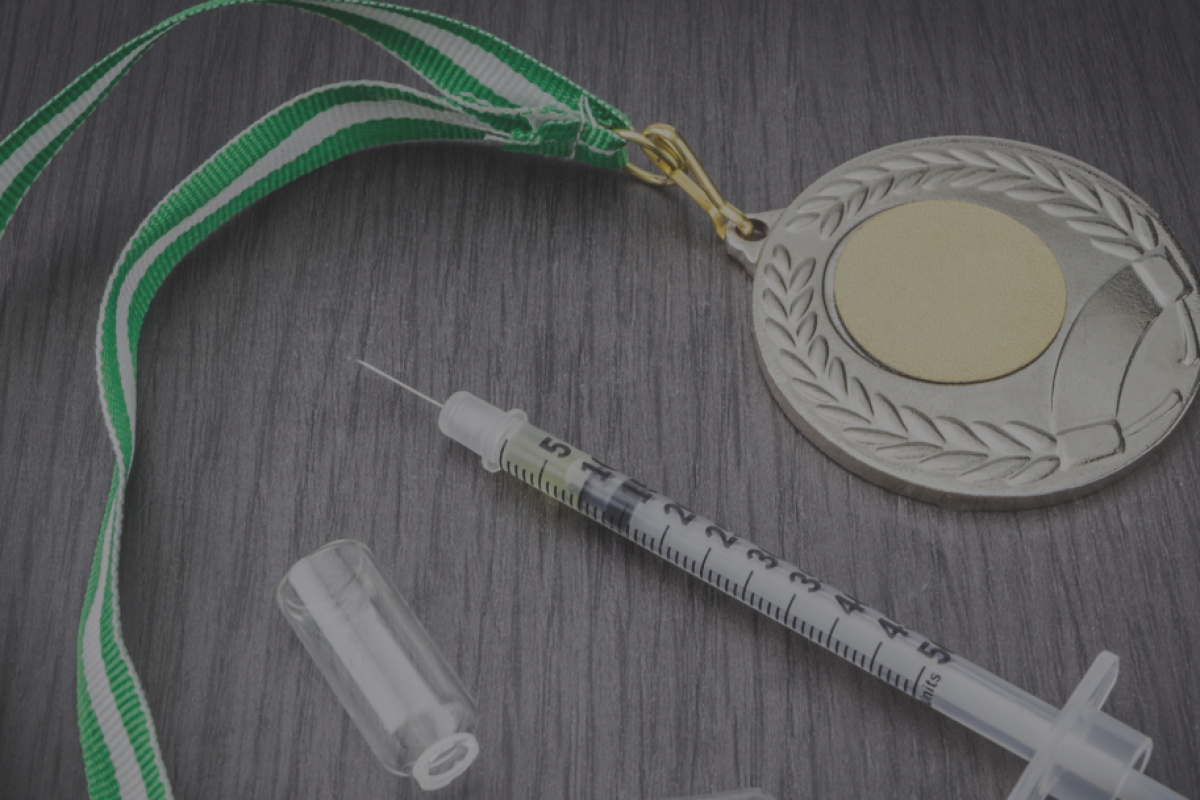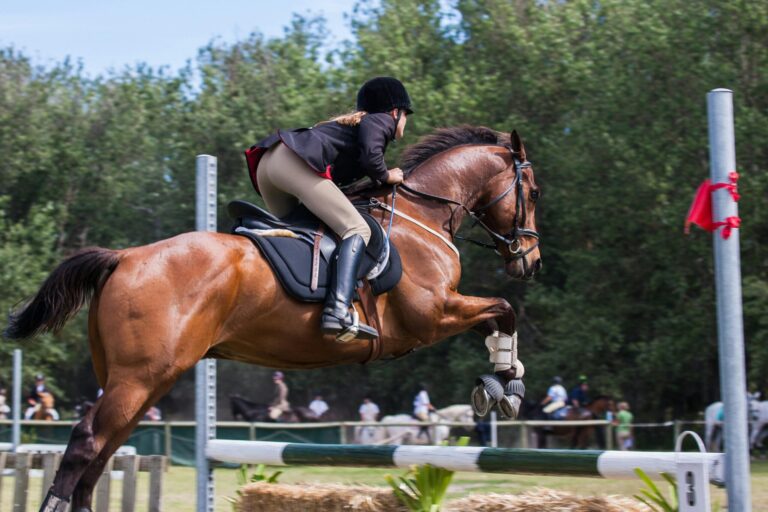Equestrian sports have long embodied the harmony between human and horse, blending athleticism, grace, and partnership. However, behind the scenes, riders face a demanding challenge: navigating the strict anti-doping regulations enforced by organizations like the World Anti-Doping Agency (WADA) and the Fédération Equestre Internationale (FEI). For what many riders fail to realize is that in addition to the strict rules regarding Equine-Doping, they themselves as athletes are subject to an equally strict anti-doping regime. This until, they unexpectedly become entangled in the web of far-reaching rules and stringent consequences of the FEI and WADA’s human-anti doping rules.
For equestrians, the stakes are high. Competitive success depends not only on skill and training but also on compliance with a complex web of rules designed to maintain fair play. However, these regulations, while noble in intent, can often invade upon the liberty and privacy of riders and the natural integrity of their sport. More so, when one might question the extent to which the doping of riders could impact their performance in equestrian disciplines at all.
WADA and FEI regulations set strict (and often vague) guidelines for prohibited substances, therapeutic use exemptions (TUEs), and testing protocols. While the aim is to ensure a level playing field and protect the health the athletes, the practical implications can be burdensome. Riders must meticulously monitor their diets and medications, scrutinize ingredient lists for banned substances, offer extensive details about their whereabouts, and navigate a labyrinth of paperwork to obtain necessary exemptions. Accidental contamination can happen in the most unexpected ways, for example by eating certain foods, or through treating their horses with certain supplements or medications.
Among the abovementioned obligations faced by athletes, perhaps the most far-reaching rules concerns their constant whereabouts. Once included in the FEI’s testing Pool (TP) or Registered Testing Pool (RTP) by the International Testing Agency (ITA), riders must report their accommodation, regular activities, scheduled competitions, and a 60-minute availability window for potential testing every day. Despite this allocated time slot, athletes remain susceptible to testing at any location and time, outside the designated period. Failure to be available during the allocated window constitutes a ‘missed test.’ Imagine the responsibility of updating this information quarterly for the next three months, ensuring its accuracy at all times. Or, consider the implications of possibly being subject to doping tests at all times irrespective of location, activity, or company, potentially requiring the athlete to provide samples (urine or blood) in front of a doping official.
The consequences of non-compliance are severe, ranging from fines and suspensions to tarnished reputations and ruined dreams. Even inadvertent contamination can result in strict penalties, excluding riders from participating ins competitions for several years and leaving them feeling unjustly punished for circumstances beyond their control. Moreover, the ever-presence of anti-doping regulations might be casting a shadow over the equestrian community, fostering an atmosphere of suspicion and paranoia. Riders may feel compelled to prioritize bureaucratic compliance over their well-being, sacrificing autonomy and spontaneity for competitive success.
Schelstraete Equine Law observes the potential impact of these rules and obligations on riders, and much of our Firm’s daily practice revolves around cases where riders suddenly find themselves entangled due to these rules and requirements. Our legal team has represented numerous distinguished equestrians in cases regarding Whereabouts or Doping Accusations before the Court of Arbitration for Sport, the FEI, and national equestrian federations worldwide.
Intensified control and supervision occur before major events such as the Olympics.
We are here for you when needed to manage this complicated and troublesome process, ensuring your compliance with the rules. This way, as an athlete, you can concentrate on what you love most: taking care of your horses and riding!
Should you have any questions regarding human or equine doping cases, please don’t hesitate to reach out to our team at info@schelstraete.nl or via the phone +31 13 511 44 20.
#schelstraete #whereabouts #contamination #doping #equestrian #humandoping #equinedoping #controlledmedication #FEI #CAS #sportslaw #ADAMS #WADA #OlympicGames
By S. Elderson Nosti and P. Wawrzyniak


